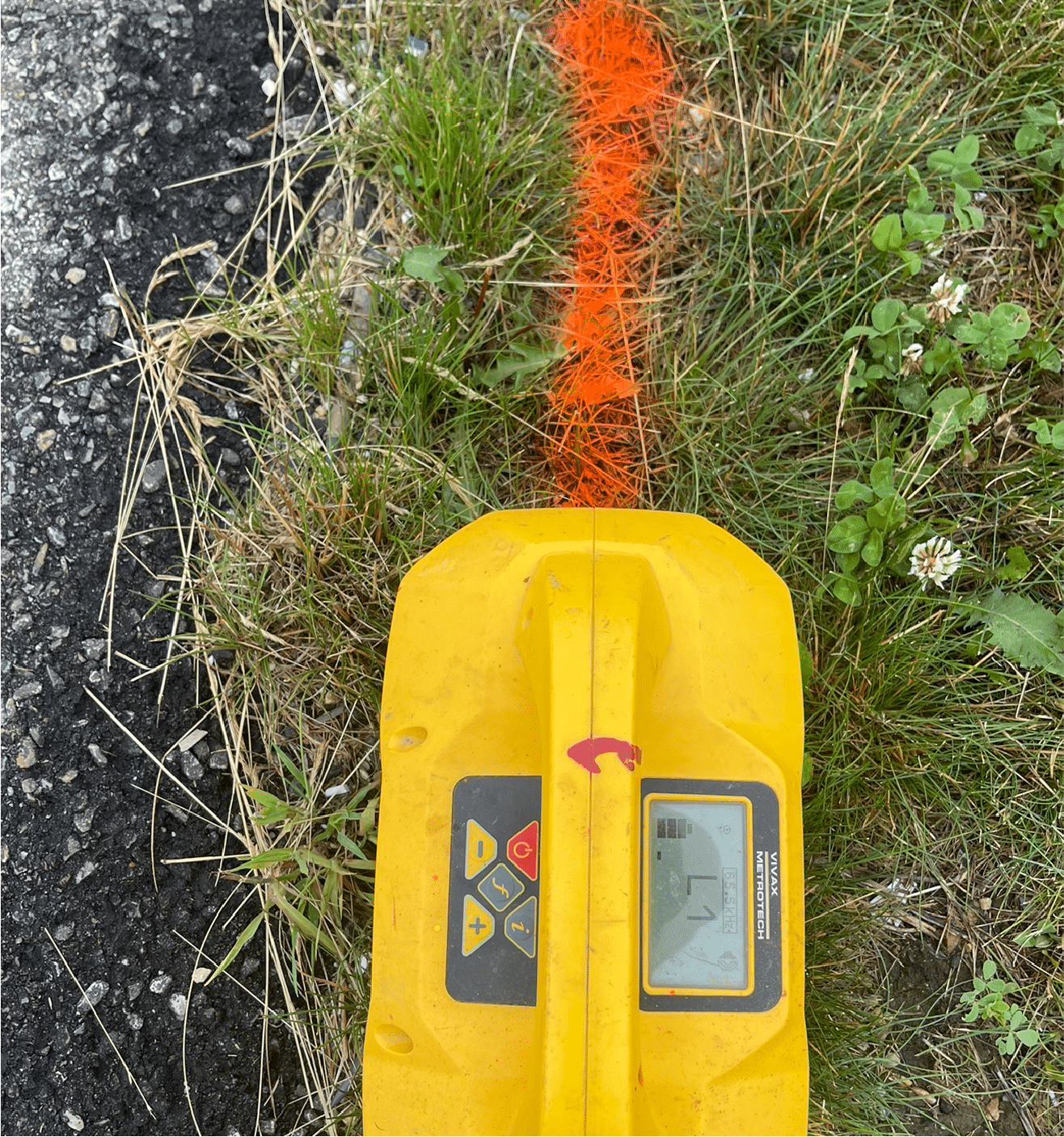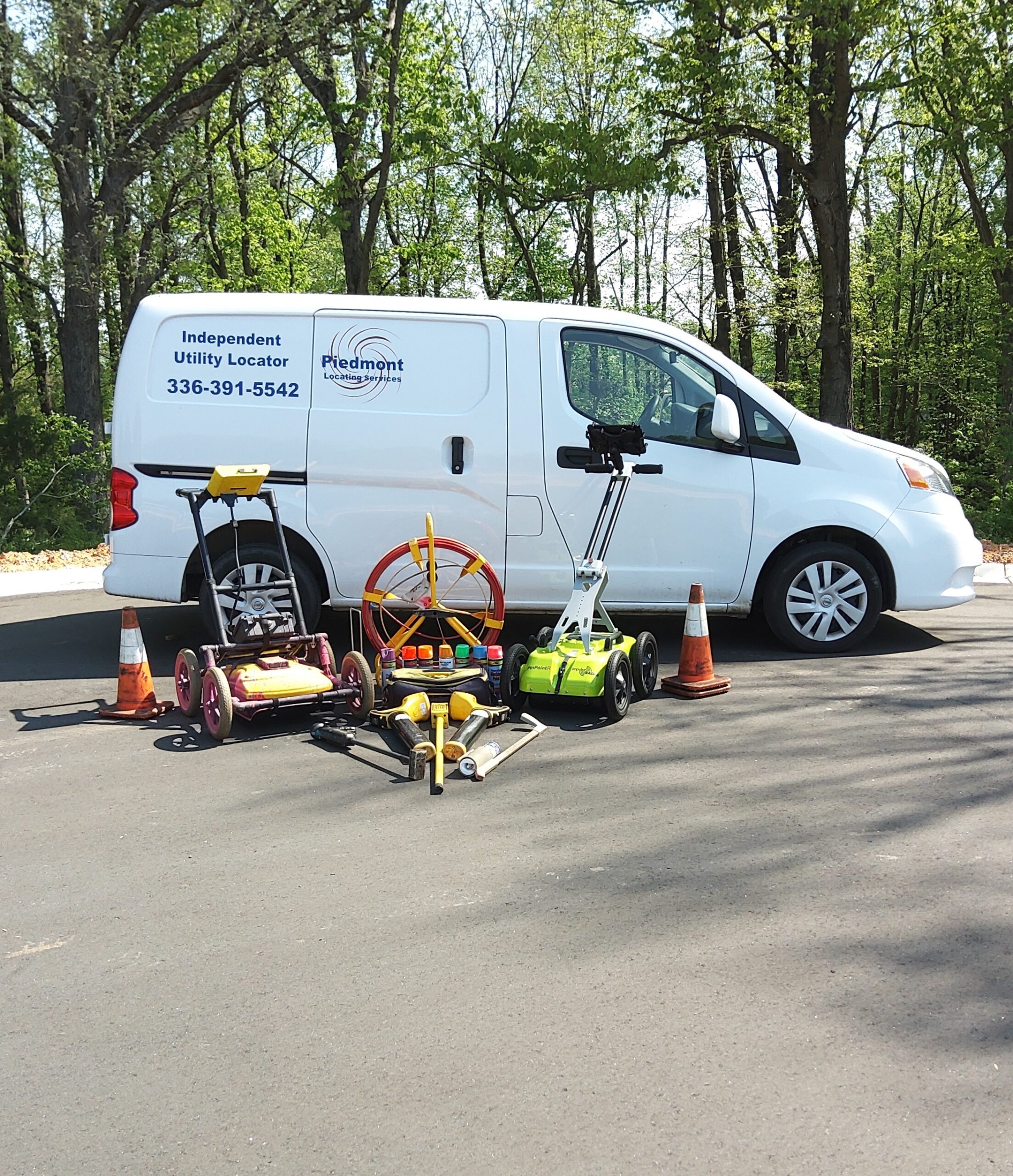VT Water Line Locating Services: Your Ultimate Guide To Protecting Your Property
Are you tired of worrying about hidden water line problems under your property? Do you want to make sure your plumbing system is safe and secure without breaking the bank? Well, buckle up because we're diving deep into the world of VT water line locating services. Whether you're a homeowner, a contractor, or just someone curious about this essential service, this guide has got you covered.
Living in Vermont means dealing with some pretty harsh weather conditions, and that can wreak havoc on your underground water lines. Burst pipes, leaks, and corrosion are common issues that can lead to costly repairs if not addressed early. That's where water line locating services come in – they're like detectives for your plumbing system, helping you identify potential problems before they escalate.
But here's the deal: not all water line locating services are created equal. Some companies offer top-notch technology and expertise, while others might leave you scratching your head. In this article, we'll break down everything you need to know about VT water line locating services, including how they work, why they're important, and how to choose the right provider for your needs.
Before we dive into the nitty-gritty details, let's take a quick look at what you'll find in this guide:
- What Is Water Line Locating?
- Why Is Water Line Locating Important?
- How Does Water Line Locating Work?
- Technologies Used in Water Line Locating
- Cost of VT Water Line Locating Services
- Choosing the Right Provider
- Common Mistakes to Avoid
- Frequently Asked Questions
- Benefits of Hiring Professionals
- Conclusion
What Is Water Line Locating?
Water line locating is basically the process of pinpointing the exact location of underground water pipes without digging them up. Think of it like an X-ray for your property – it allows professionals to see what's going on beneath the surface without causing any damage. This service is especially important in Vermont, where freezing temperatures and shifting soil can cause pipes to shift or break.
Here's the kicker: water line locating isn't just for homeowners. It's also crucial for construction projects, utility companies, and anyone who needs to ensure the safety and integrity of underground infrastructure. By using advanced technology, water line locating services can help prevent costly repairs, minimize environmental damage, and ensure compliance with local regulations.
Why Should You Care About Water Line Locating?
Let me paint you a picture: imagine you're planning a construction project, and halfway through, you accidentally hit a water line. Not only does this delay your project, but it also puts you at risk of fines, lawsuits, and even water contamination. Yikes, right? That's why water line locating is so important – it helps you avoid these kinds of disasters before they happen.
Why Is Water Line Locating Important?
Water line locating isn't just a nice-to-have service; it's a must-have for anyone dealing with underground infrastructure. Here are a few reasons why:
- Prevent Damage: By identifying the location of water lines, you can avoid accidentally damaging them during excavation or construction projects.
- Save Money: Repairing burst pipes or leaks can be expensive, but with water line locating, you can catch problems early and save yourself a ton of cash.
- Protect the Environment: Leaky water lines can contaminate groundwater and harm local ecosystems. Water line locating helps prevent this by ensuring pipes are in good condition.
- Compliance with Regulations: Many states, including Vermont, have strict regulations regarding underground utility lines. Water line locating ensures you're in compliance with these rules.
How Does Water Line Locating Work?
Now that you know why water line locating is important, let's talk about how it actually works. The process typically involves a combination of advanced technology and skilled professionals who know how to interpret the data. Here's a breakdown of the steps involved:
- Site Assessment: The first step is to assess the site and gather information about the area, including any known utility lines or potential hazards.
- Equipment Setup: Once the site is assessed, the team sets up the necessary equipment, which may include ground-penetrating radar (GPR) or electromagnetic locators.
- Data Collection: Using the equipment, the team collects data about the location and depth of underground water lines.
- Analysis and Reporting: Finally, the data is analyzed, and a detailed report is created, showing the exact location of the water lines and any potential issues.
What Tools Are Used in Water Line Locating?
There are several tools and technologies used in water line locating, each with its own strengths and limitations. Some of the most common ones include:
- Ground-Penetrating Radar (GPR): This technology uses radio waves to detect objects beneath the surface. It's great for detecting both metallic and non-metallic pipes.
- Electromagnetic Locators: These devices use electromagnetic signals to detect metallic objects, making them ideal for locating metal pipes and cables.
- Acoustic Leak Detection: This method uses sound waves to detect leaks in water lines, even if they're buried deep underground.
Technologies Used in Water Line Locating
Technology plays a huge role in modern water line locating services. Thanks to advancements in tools like GPR and electromagnetic locators, professionals can now detect underground pipes with incredible accuracy. But here's the thing: not all technologies are created equal. Some are better suited for certain types of soil or conditions, so it's important to choose a provider that knows which tools to use for your specific situation.
For example, if you're dealing with a lot of clay soil, GPR might be the best option because it can penetrate deeper and provide clearer images. On the other hand, if you're working with metallic pipes, electromagnetic locators might be more effective. The key is to find a provider that has experience with a variety of technologies and knows how to use them properly.
Cost of VT Water Line Locating Services
One of the biggest questions people have about water line locating services is how much they cost. The truth is, the price can vary depending on several factors, including the size of the area, the complexity of the job, and the technology used. On average, you can expect to pay anywhere from $200 to $1,000 for a standard water line locating service in Vermont.
Here are a few things that can affect the cost:
- Site Size: Larger sites typically require more time and equipment, which can increase the cost.
- Soil Conditions: Certain types of soil, like clay or rock, can make it harder to detect water lines, which may require additional equipment or expertise.
- Technology Used: Advanced technologies like GPR can be more expensive than basic electromagnetic locators, but they often provide more accurate results.
Choosing the Right Provider
With so many water line locating services out there, how do you know which one to choose? Here are a few tips to help you find the right provider for your needs:
- Experience: Look for a provider with years of experience in the industry. They should have a proven track record of successful projects and satisfied customers.
- Technology: Make sure the provider uses the latest technology and has the expertise to use it effectively.
- Customer Reviews: Check online reviews and testimonials to see what other customers have to say about their experience with the provider.
- Insurance: Ensure the provider is fully insured to protect you from any potential liabilities.
Questions to Ask Before Hiring a Provider
Before you hire a water line locating service, it's a good idea to ask a few key questions:
- What technology do you use for water line locating?
- How long have you been in business?
- Do you offer any guarantees or warranties on your services?
- Can you provide references from past clients?
Common Mistakes to Avoid
While water line locating services can be incredibly helpful, there are a few common mistakes people make that can lead to problems down the road. Here are a few to watch out for:
- Skipping the Locating Process: Some people think they can skip water line locating and just start digging. Trust me, this is a recipe for disaster.
- Hiring the Cheapest Provider: You get what you pay for, so don't skimp on quality just to save a few bucks.
- Not Verifying Credentials: Always make sure the provider is licensed, insured, and experienced before hiring them.
Frequently Asked Questions
Got more questions about VT water line locating services? Here are some of the most common ones we hear:
Q: How long does the process take?
A: The length of time depends on the size of the site and the complexity of the job, but most projects can be completed in a day or two.
Q: Can water line locating services detect leaks?
A: Yes! Many providers offer leak detection services as part of their water line locating package.
Q: Do I need to be present during the locating process?
A: Not necessarily, but it's always a good idea to be available in case the team has any questions or needs access to certain areas of your property.
Benefits of Hiring Professionals
Hiring a professional water line locating service comes with a ton of benefits. Not only do they have the expertise and technology to get the job done right, but they also save you time, money, and stress in the long run. Here are a few key benefits:
- Peace of Mind: Knowing exactly where your water lines are located gives you peace of mind and helps prevent costly mistakes.
- Accurate Results: Professionals use advanced technology to provide accurate and reliable results.
- Compliance with Regulations: Hiring a licensed provider ensures you're in compliance with local laws and regulations.
Conclusion
VT water line locating services are an essential tool for anyone dealing with underground infrastructure. Whether you're a homeowner, a contractor, or a utility company, these services can help you avoid costly repairs, protect the environment, and ensure compliance with regulations. By choosing the right provider and understanding how the process works, you can make informed decisions that benefit both your property and the community.
So what are you waiting for? Take the first step toward protecting your property by reaching out to a reputable water line locating service in Vermont. And don't forget to share this article with your friends and family – knowledge is power, and the more people know about water line locating, the better off we all are.



Detail Author:
- Name : Lina Heller
- Email : [email protected]
- Birthdate : 2002-10-06
- Address : 88886 Jacobson Via Suite 242 Lake Minerva, NV 28049-1246
- Phone : (818) 386-5791
- Company : Labadie, Reichert and Tromp
- Job : City
- Bio : In fuga quos excepturi deleniti iure laudantium. Rem vel quibusdam qui doloremque error eos iure rem. Quo sed unde aperiam corporis facilis.